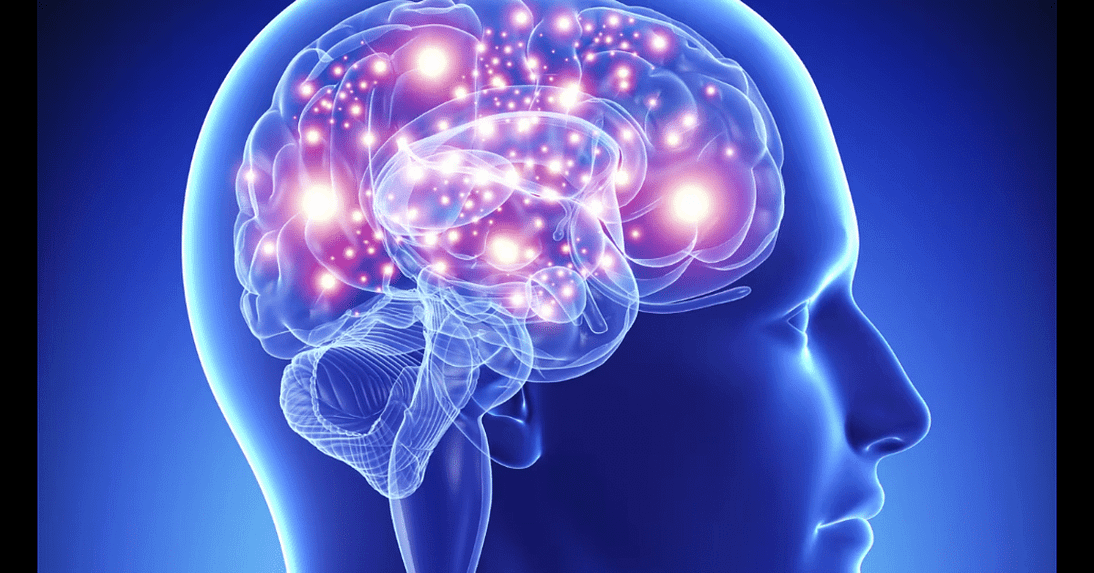
[See my ‘Do the “Mere Correlations” Between Brain States and Conscious States Imply Identity?’.]
“One important principle to keep in mind when contemplating the evidence for the existence of the soul is that mere correlations between mind and brain don’t prove they are actually the same thing.”
— Creation.com [See source here.]
“Any loose talk of emergence of consciousness from brain processes in the name of mere correlations [ ].”
— Michel Bitbol [See source here.]
“ [The] mere correlations mentioned by the author between the various mental tasks and the neural activity of certain brain regions.”
— Philip Goff [See source here.]
“According to [David] Chalmers, there is a principled reason why neuroscience is limited to finding mere correlations rather than full explanations [ ].”
— Hedda Hassel Mørch [See Source here.]
Those people who claim (whether explicitly or implicitly) that neuroscientists (or philosophers) believe that it’s all and only about correlations between brain states and conscious states seem to be either displaying bad faith, or simply showing their ignorance of neuroscience and philosophy.
Sure, it’s certainly the case that not all correlations entail — or even imply — causation. It’s just that in some cases they do!
Again, many critics of neuroscience (as well as the critics of physicalism) make it seem as if neuroscientists simply note certain correlations, and then quickly and wildly jump to believing that the brain causes (or “brings about”, or “generates”) consciousness…
For a start, there may be some kind of correlation between a cock crowing in Somerset and John Smith eating his lunch in Dorset. However, no neuroscientist (or philosopher) would believe that the cock crowing caused John to eat his lunch. [This example is based on David Hume’s own examples in which he too tackles causation and correlation.]
The same is true of the brain and consciousness.
It’s not only that there are correlations. Full stop!
Those correlations are systematic, and lots and lots is known about them. So there are a whole host of scientific, logical and philosophical reasons to believe that it’s not just a matter of mere correlations. Indeed, it’s about a lot more than that.
To repeat. Many people often use the phrase “correlation doesn’t imply causation”. (This phrase is almost a cliché now.) The clue is in the word “imply”. So some things may well be correlated, even though there are no causal connections whatsoever between them. However, in many cases, causal connections do actually explain the correlations.
In concrete and relevant terms, neuroscientists do know that when brain events (or states) of a certain type occur, then experiences of a certain type occur….
So — again — are these still mere correlations?
What’s more, not every neuroscientist or philosopher is demanding (or expecting) a necessary connection (which the philosophers who’re fixated on modal theorising are interested in) between brain states (or events) and conscious states (or events). However, there are very many well-documented and well-tested contingent connections.
Yet it’s precisely because all these connections are contingent (i.e., not necessary) that this very contingency has provided grist to the Hard Problem Mill.
Not that correlations — even if not mere correlations — don’t throw up any problems.
The Hard Problem of Consciousness
Let’s tackle the much-discussed ‘neural correlates of consciousness’ again.
To the neurophysiologist and computational neuroscientist Christof Koch, these correlates are essentially about
“the bits and pieces of the brain that are really essential — really necessary to ultimately generate a feeling of seeing or hearing or wanting”.
It’s often said that these are “mere correlations”.
The Australian philosopher David Chalmers can still ask his Hard Question about these “bits and pieces of the brain”, and why they generate the feelings, seeings and hearings which have the very particular phenomenal qualities (or qualia) which they do have.
So no matter how many correlations are discovered between conscious states and brain states (indeed, even if literally all the correlations were discovered), Chalmers could still ask his Hard Question.
What’s more, Chalmers isn’t asking for answers which refer to anything physical, functional, structural or evolutionary. Or, at the very least, these things alone will never satisfy Chalmers:
(1) Chalmers isn’t asking for the physical correlates of experiences.
(2) Chalmers isn’t asking for the causal and physical connections between the brain and experiences — or any connections between experiences and anything physical.
(3) Chalmers isn’t asking for the functional (or otherwise) underpinnings of experiences.
(4) And Chalmers isn’t asking for any evolutionary answers either.
Chalmers is also keen to argue that all the things referred to in the list above could be instantiated, and the experiences may still not occur. Alternatively, all these things could be instantiated, and the experiences could be different… even very different.
On a broader scale.
If all the correlations were mapped, then there would still be no (to use Koch’s term) “clarity” as to why a single neuronal state brought about the particular conscious state it does bring about. Similarly for all correlated neuronal states (or all the relevant ones) put together: clarity would still not be achieved when it comes to the Hard Problem.
Yet despite Chalmers’ questions, it’s never been the case of just mere correlations when it comes to the relation between the brain and consciousness.









No comments:
Post a Comment